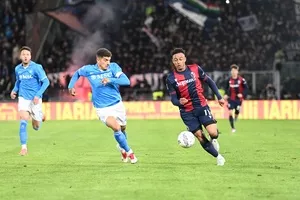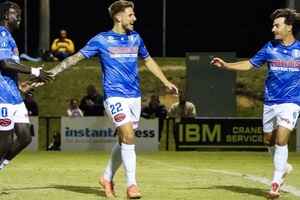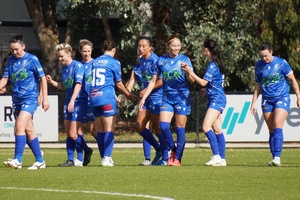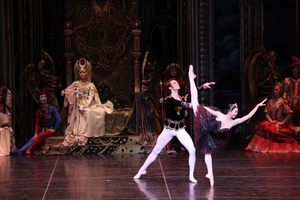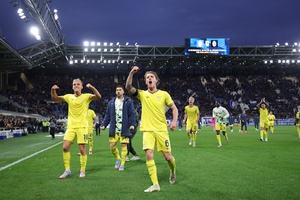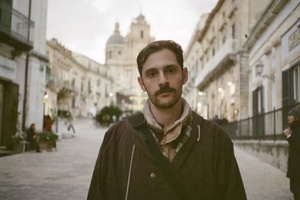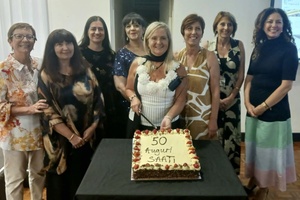SYRACUSE - The World Solar Challenge - WSC - was first held in 1987 and has been a beacon of innovation in the field of sustainable mobility for more than three decades.
This international event for solar-powered cars has become a test case for design and engineering, challenging participants to travel 3000 kilometres across some of Australia’s toughest terrain, from Darwin to Adelaide.
It’s a team competition with each team consisting of experts, engineers and students from secondary schools and universities participating with their own car.
This year’s edition, to be held from 22 to 29 October, will be attended by groups from all over the world, including Italy. The Solar Future Association of Syracuse will represent the tricolour flag Down Under, with its Archimede 2.0, a solar-powered car that will bring Italian know-how and style to Australia.
The car is a true masterpiece of Italian design that was inspired by the Alfa Romeo Barchetta of the 1970s. Its design involved the active participation of 22 students aged between 16 and 20 from secondary schools and universities.
The talented students were selected through tests and practical trials covering disciplines such as chemistry, computer science, mechanics and electronics.
For the university students, participation in the project is structured through their extra-curricular placements.
“We thought we would do something different,” explained Enzo Di Bella, president of the Sicilian association.
“Solar-powered cars are usually not very aesthetically pleasing. Ours is a spider that looks a lot like the Alfa Romeo Barchetta and has a retro 1970s style.
“I thought, ‘let’s put in what we in Italy know how to do well,’ and that means style, elegance and technical ability. This is how Archimede 2.0 was born.”
The World Solar Challenge is divided into two main categories of cars: Challengers and Cruisers. The Archimede 2.0 is in the cruiser category.
Challengers are cars that can be recharged by solar energy and are designed to reach speeds of up to 120 kilometres per hour. The winner of this category is whoever reaches the finish line first.
Cruisers like Archimede 2.0 are solar-powered cars designed to look as much like the cars we buy and drive every day.
They offer comfort and versatility, along with the possibility of being recharged at a charging station.
The construction of Archimedes 2.0 began in 2019 and has been ongoing for four years - despite significant slowdowns due to the pandemic - thanks to the commitment, study and constant dedication of the students, their tutors and teachers.
This car is equipped with photovoltaic panels on the rear and front bonnet that can produce 1200 watts of energy. This energy is used to charge the car’s batteries, allowing it to travel up to 40 kilometres per hour. When needed, the car can then use the battery pack to increase its travel speed.
“We have predicted that, with the Australian spring sun, we should be able to travel about 500 kilometres per day,” said Di Bella.
“We will leave at 8am from Darwin and will only be able to recharge the batteries of Archimedes 2.0 from 5pm to 9pm.
“[We’ll also] build a camp at the place we arrive using the remaining sun. We will continue like this for the duration of the competition.”
Eighteen of the 22 students involved in the project will be in Australia competing.
If all goes according to plan, with a mileage of around 500 kilometres per day, Archimedes 2.0 could “have a good chance of a top-three finish”.
“However, we know that 3000 kilometres is a lot, and anything can happen. The winner will be the one who doesn’t stop, not the one who goes the fastest,” explained Di Bella.
The students are very excited about their upcoming Australian adventure. For many, this represents their first intercontinental trip. For others, it will be their first time away from family.
“I believe, as I also told the others, that this is a once-in-a-lifetime thing for us Italians, being a long way from Australia,” shared Di Bella.
“To have built a car that works and is reliable, and simply to have the chance to take part in this competition, regardless of what the result will actually be, is already a victory for us.
“I can say that I am happy and satisfied, because I have always seen my team working on this project with a smile. For them, Archimede 2.0 has never been a burden, and this is already the first victory as far as I am concerned. They are putting their heart and soul into it.”


















